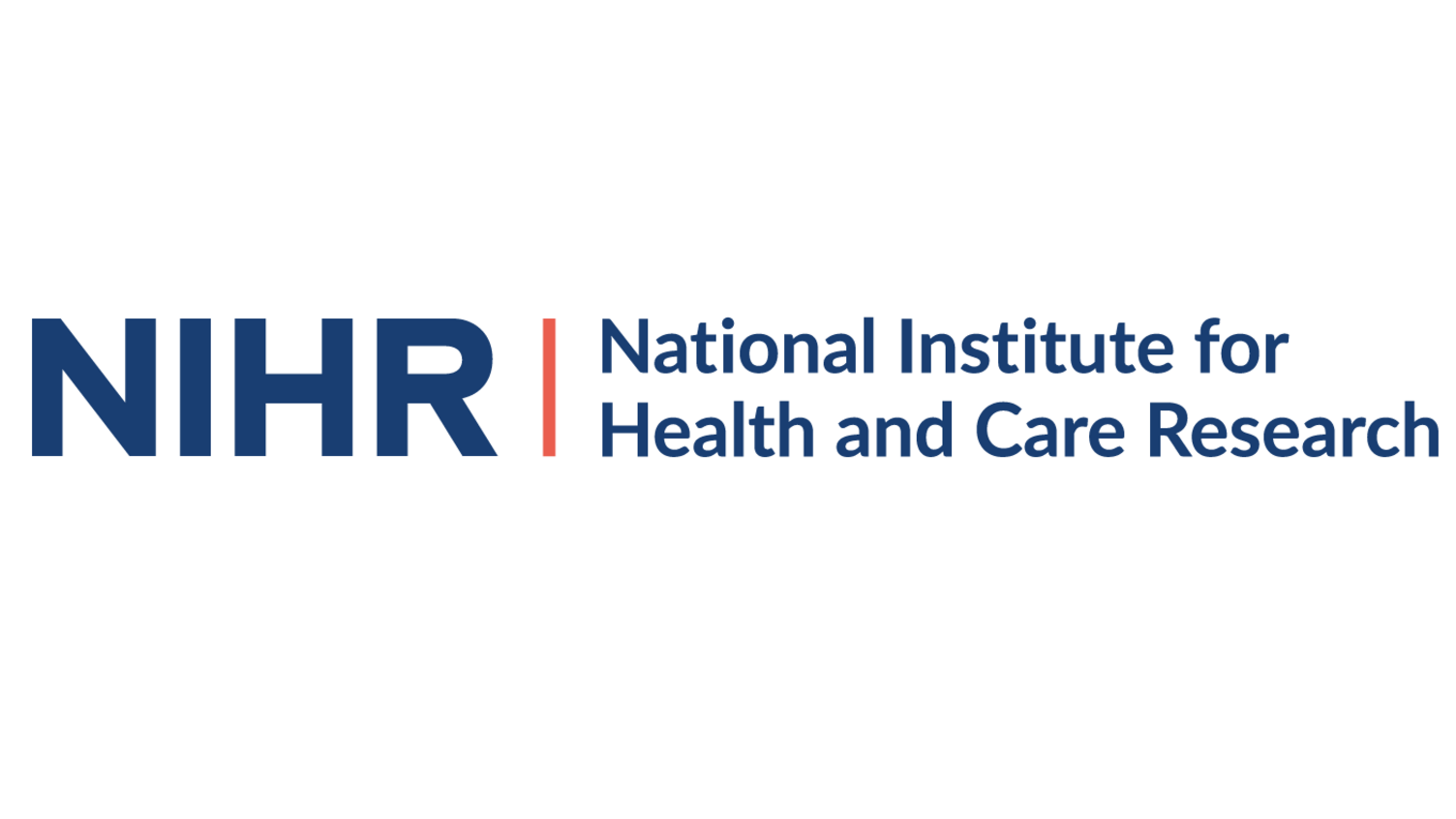James Lind Alliance in Canada
- 22 April 2020
- 2 min read
From Tamara Rader, JLA Adviser in Canada
The James Lind Alliance (JLA) approach has proven to be popular in Canada with 18 Priority Setting Partnerships (PSPs) taking place in Canada since 2014. But why have research communities in Canada embraced PSPs and the JLA method to a greater degree than other countries outside of the UK?
The rise in popularity can be traced back to a 2011 external review of the Canadian Institutes of Health Research (CIHR). The review highlighted the need to involve citizens, patients, physicians, and decision makers (known as Knowledge Users) in decisions about health research programmes. The review recommended that CIHR develop an approach to “public and patient participation/input in all its processes from prioritization, through advising on appropriate study endpoints and funding decisions to trial steering groups.”
Similarly, a 2013 evaluation of knowledge translation funding programs at CIHR showed that “researchers and knowledge users co-producing research were more likely to report improving the health of Canadians, creating more effective health services or products and strengthening the Canadian healthcare system than researchers who do not work with knowledge users.”
In 2014, the CIHR held the Strategy for Patient-Oriented Research (SPOR) Patient Engagement Consultation Workshop with patients and patient engagement experts to develop a Patient Engagement (PE) Framework. In this framework, patient-oriented research is defined as “a continuum of research that engages patients as partners, focuses on patient-identified priorities and improves patient outcomes. This research, conducted by multidisciplinary teams in partnership with relevant stakeholders, aims to apply the knowledge generated to improve healthcare systems and practices.”
Across Canada over the last decade, research communities have responded to these trends and there are many examples of successful patient partnerships in healthcare research. In 2019 the Canadian Agency for Drugs and Technologies in Health (CADTH) adopted a framework for patient and community engagement to support the involvement of Canadians in health technology assessment. Similar to the role of NICE in the UK, CADTH evaluates health technologies (drugs, diagnostic tests, and medical devices or procedures) to help hospitals, health authorities, and public drug plans make decisions on a technology’s use or purchase.
CADTH involves patients, families, and patient groups in its work to improve the quality and relevance of assessments of publicly funded technologies, ensuring that those affected by the assessments have an opportunity to contribute to them.
Despite this strong movement toward integrated knowledge translation and patient involvement, there is no equivalent to the JLA in Canada. In 2018, Dr. Andreas Laupacis gave a lecture at CADTH about the JLA, highlighting the shared values of our organizations and proposing the JLA as an opportunity to advance our common goals.
In 2019, CADTH entered into a formal collaboration with the JLA to train JLA Advisers in Canada to support Canadian PSPs. Through training and mentorship by senior JLA Advisers and staff throughout 2019, Michelle Mujoomdar and I are now facilitating Canadian PSPs under a 2-year pilot project. Two PSPs have been initiated in the spring of 2020: Pulmonary Hypertension and Pediatric Cancer Treatment and Survivorship in Canada, both with funding from CIHR.
With support from the JLA Executive, knowledge of the Canadian context, and a commitment of resources from CADTH for this activity, Michelle and I look forward to supporting research teams in Canada. The pilot project will be a way for Canadian researchers to continue to embrace the principles of the JLA as they bring together patients, families, caregivers, and clinicians to identify and prioritize evidence uncertainties that they agree are the most important.


